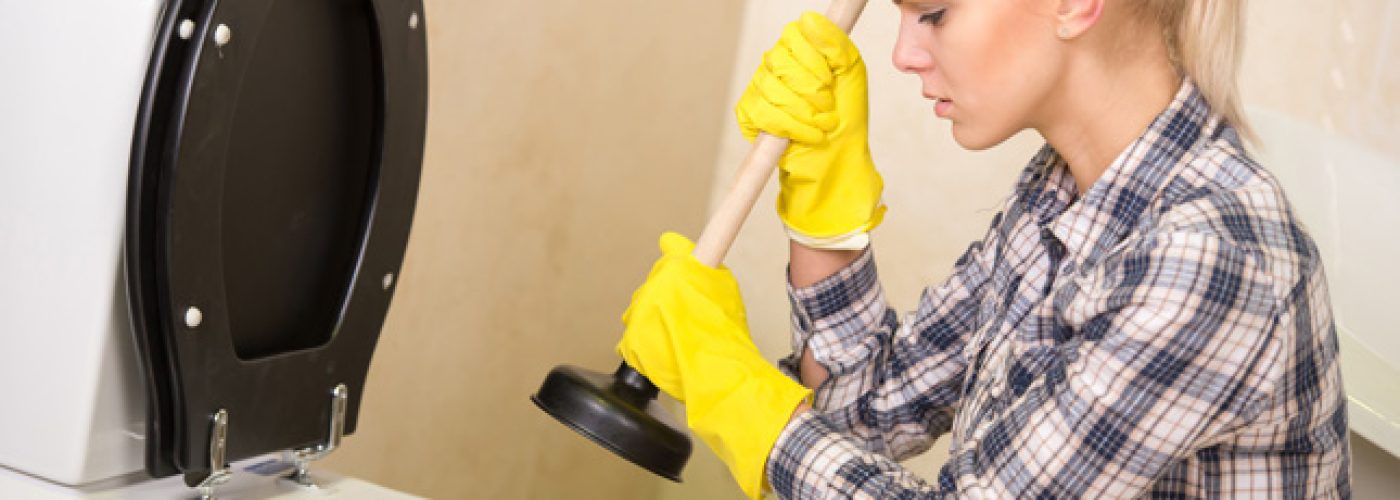In the study, it is explained in a simplified manner that anything beyond human waste, toilet paper and water should not be going down our drains whatsoever. The report, which incorporated involvement of over one thousand adults in the UK, looks to highlight what people think is OK to go down the drains, and convey feedback on the actual suitability of such items.
Overall, it was Birmingham which has been reported to have the worst understanding of what can, or cannot go down the drains, sporting a startling 87% of items which are flushed down the drains, actually not being suitable for those drains. Of course, some of this can be attributed to incorrect labelling on products, with items such as “flushable wipes” actually not being suitable for down drains, as well as other common bathroom products such as cotton pads, buds, balls and more.
And while it may seem that the very nature of the report is highlighting a concern which many individuals don’t see as important, the relevance comes from the sheer impact of improper drainage use when looking at maintenance and cleaning costs incurred. In total, some £15m is spent each year on cleaning and maintaining drainage networks. Of this, up to ¾ of the blockages caused over the course of the year are actually caused by oils, grease and fat which have then subsequently been emptied down the drains.





